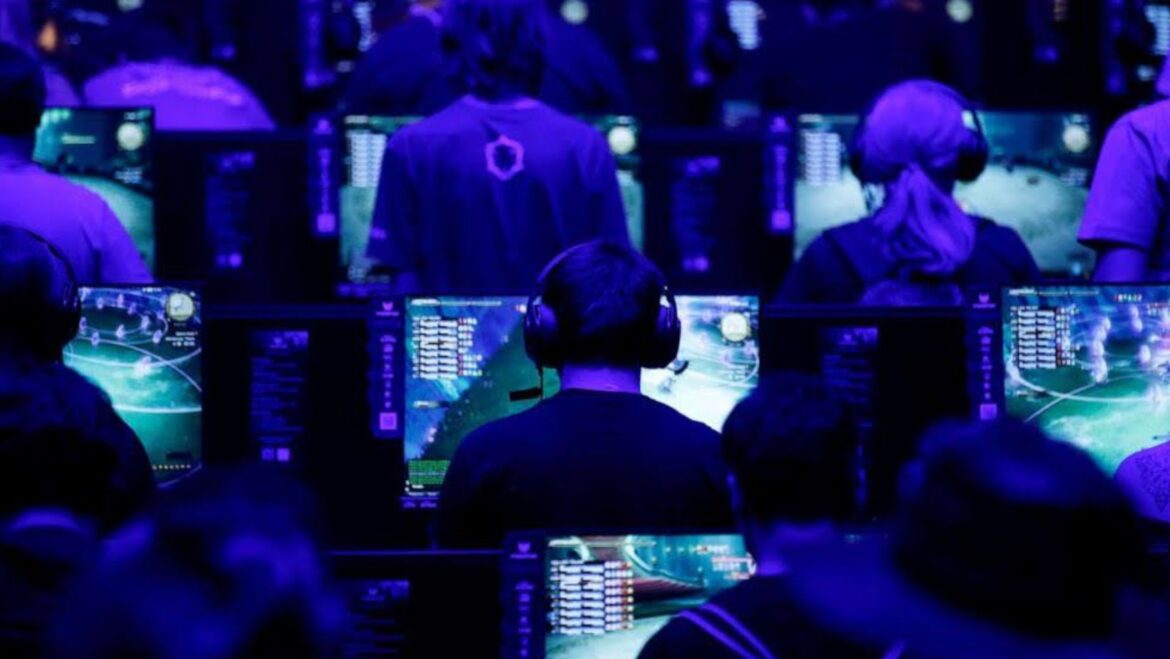Video games have long gone beyond the scope of perception solely as entertainment. They have become a global cultural phenomenon that affects a bunch of industries, including education, economics, politics and even social relations. In the 21st century, video games are deeply thought out and able to reflect and shape societal issues, so players can reflect on issues that go beyond the gaming environment. In this article we will tell you whether games can become a tool for positive changes in society.
Gaming as a reflection of society
There are a huge number of video game genres, ranging from RPGs to platformers or esports disciplines. In game worlds, important topics are often raised, such as environmental issues, racial equality, gender equality and the correct construction of family values. For example, in many RPG projects, the player may face dilemmas that are similar to real social conflicts. The choice that a gamer makes affects the course of the game, allows him to feel the consequences of actions.
The gaming industry is becoming a kind of platform for public debate. If ten years ago most of the games were built only around the gameplay, then modern studios producing new gaming releases add a high-quality graphic component and plots with deep overtones. Subjects may reflect on topics of social justice, migration or political manipulation. This allows you to engage in a conversation with an audience that is usually not interested in such discussions in everyday life.
Indie developers deserve special attention. They are the ones who most often experiment with topics that large corporations avoid for fear of losing profits. As a result, names are born that become a real social commentary, changing the way gamers think about the world around them.
Video games as a tool for education and awareness
One of the key aspects of video games’ impact on society is their ability to teach. Games create an environment where the player does not just read or listen to information, but actively participates in the process. Gamification is already actively used in educational programs and is proving its effectiveness in improving knowledge. When used correctly, video games are a powerful tool for building critical thinking, social empathy, and even historical memory.
Educational games are well-suited for learning complex concepts. For example, economic system simulators allow schoolchildren and students to explore the basic principles of the market and the interdependence between production and consumption. Such an experience is harder to gain from a textbook, as interactivity adds interest and a practical foundation to knowledge.
Among the many video games there are socially oriented, such as Papers, Please or This War of Mine. Such video games allow you to experience the difficulties of living in conditions of war, dictatorship or refugee. Players not only explore the game environment, but also experience emotional experiences that form a deeper understanding of problems. It is because of this that games began to be used in training courses aimed at fostering tolerance and raising awareness of social issues.
Video games are also used in the field of psychology. Thanks to high-quality simulations, it is possible to practice conflict resolution, teamwork or stress management skills. This proves once again that they can be used not only as entertainment and hobbies.
The impact of online communities
Online communities are players uniting around video games. Today, this phenomenon can be considered a new social infrastructure. In online communities, players exchange opinions, cultural values, and even political ideas. Millions of players around the world unite in clans, guilds or fan communities where friendly and working relations arise.

Sometimes these communities become the cause of real change. Gamers quite often organize charity streams to raise funds to help victims of natural disasters or to support medical funds. Popular esports events are aimed not only at determining the strongest teams and creating a show, they also often have a social mission, including fighting discrimination, supporting educational programs, and more.
At the same time, the problems that arise in virtual communities cannot be ignored. We are talking about toxicity, bullying and the spread of misinformation. Playgrounds are a mirror of real society, with all its advantages and disadvantages. Therefore, it is important to develop a culture of mutual respect among players, because it depends on whether gaming will become a positive force for social change.
Gaming and activism
Separately, it is worth highlighting how video games and gaming culture are used in activism. On the one hand, developers create projects that directly raise social issues. On the other hand, it is gamers who become the driving force of change, using ideas from video games and their platforms to distribute the.
For example, during various global crises, gaming companies used their earnings to launch campaigns aimed at supporting affected regions. In addition to financial aid, they distributed educational materials or organized charity events within games. This demonstrates that gaming is not only a commercial industry but also a tool of social responsibility that can be used for beneficial purposes.
As for activism, it manifests itself in the fact that gamers are able to draw attention to specific problems through online communities and media platforms. Streamers, bloggers and e-sportsmen have a multimillion audience, and a certain impact on society, because it listens to their words. Using this resource, they can distribute not only advertising, but also information about social problems, which often remain out of sight of traditional media.
Thus, video games have become a tool for activism, where each player can contribute to solving one or another social problem and the development of society. This proves once again that the impact of gaming is much wider than it might seem at first glance.
Conclusion
In this text, you learned that video games can not be considered solely as entertainment, because they are an important tool that can influence society. Video games can shape views and change player behavior. Due to their interactive nature, they provide an opportunity to experience a unique experience that makes you think about global problems.
At the same time, gaming has two sides, it all depends on its use. It can both promote the development of education, empathy and social activity, and reproduce the negative phenomena that exist in society. If we consider video games as a tool for learning and social change, it becomes obvious that gaming can become a force that will help develop society.






